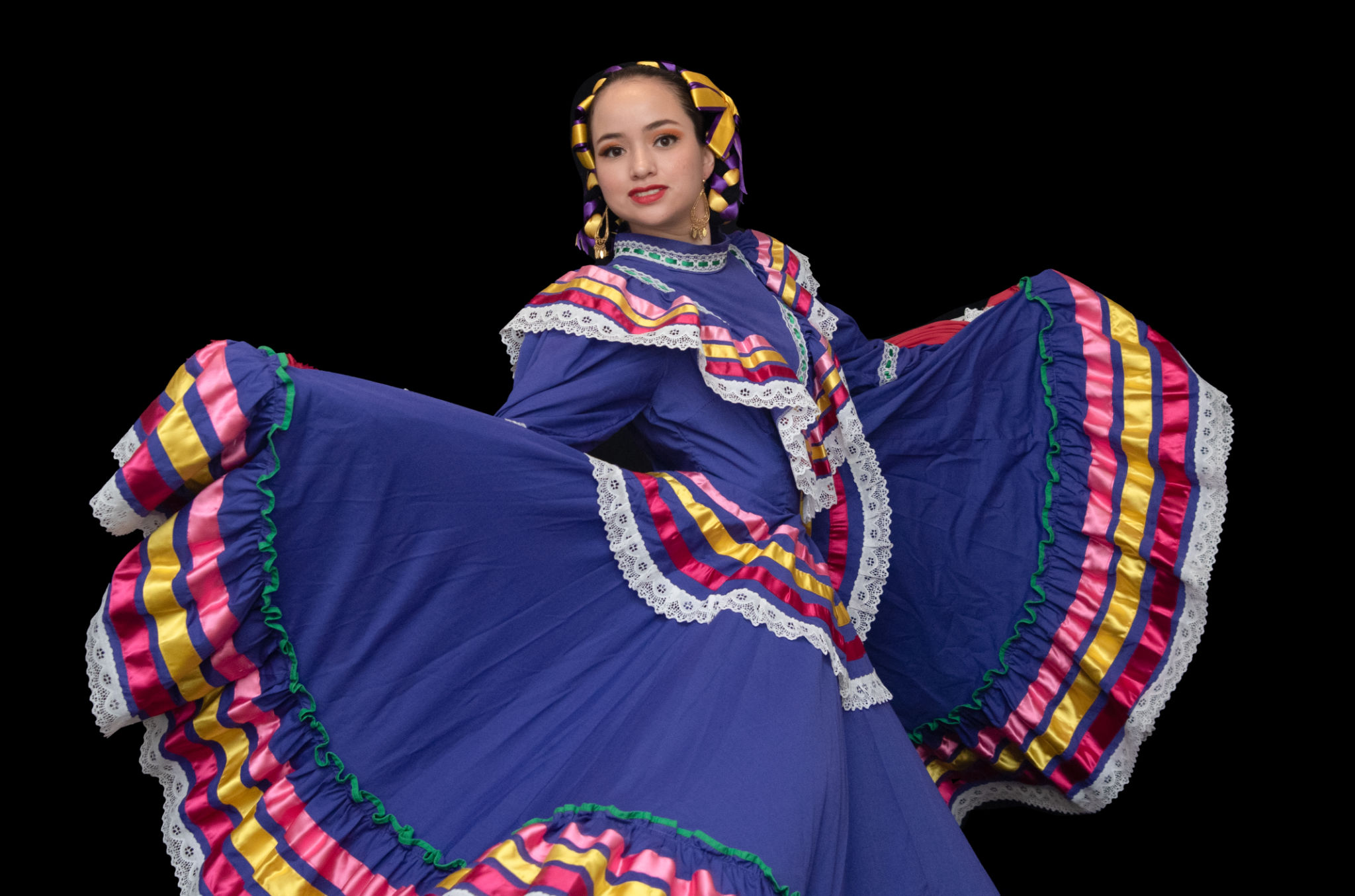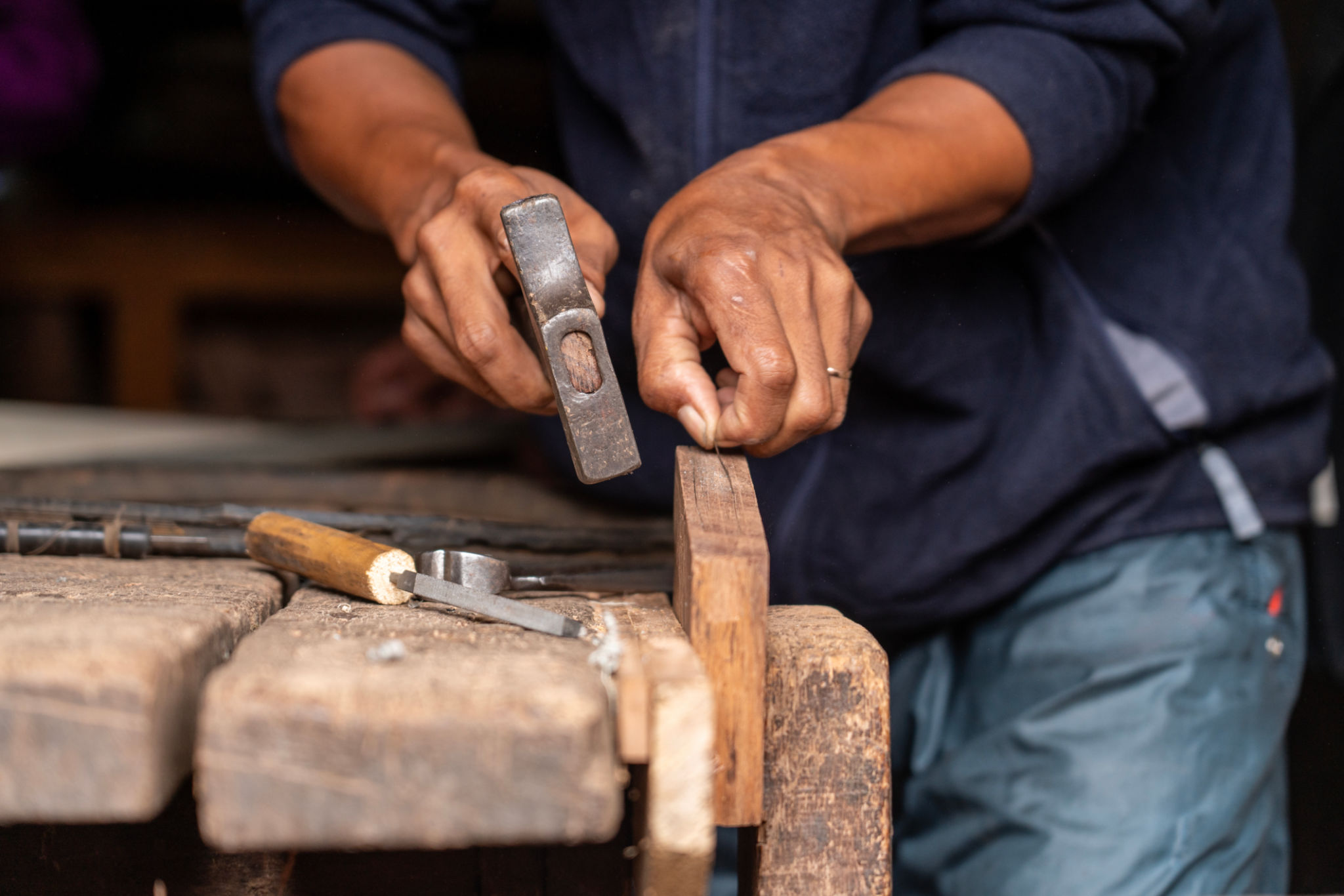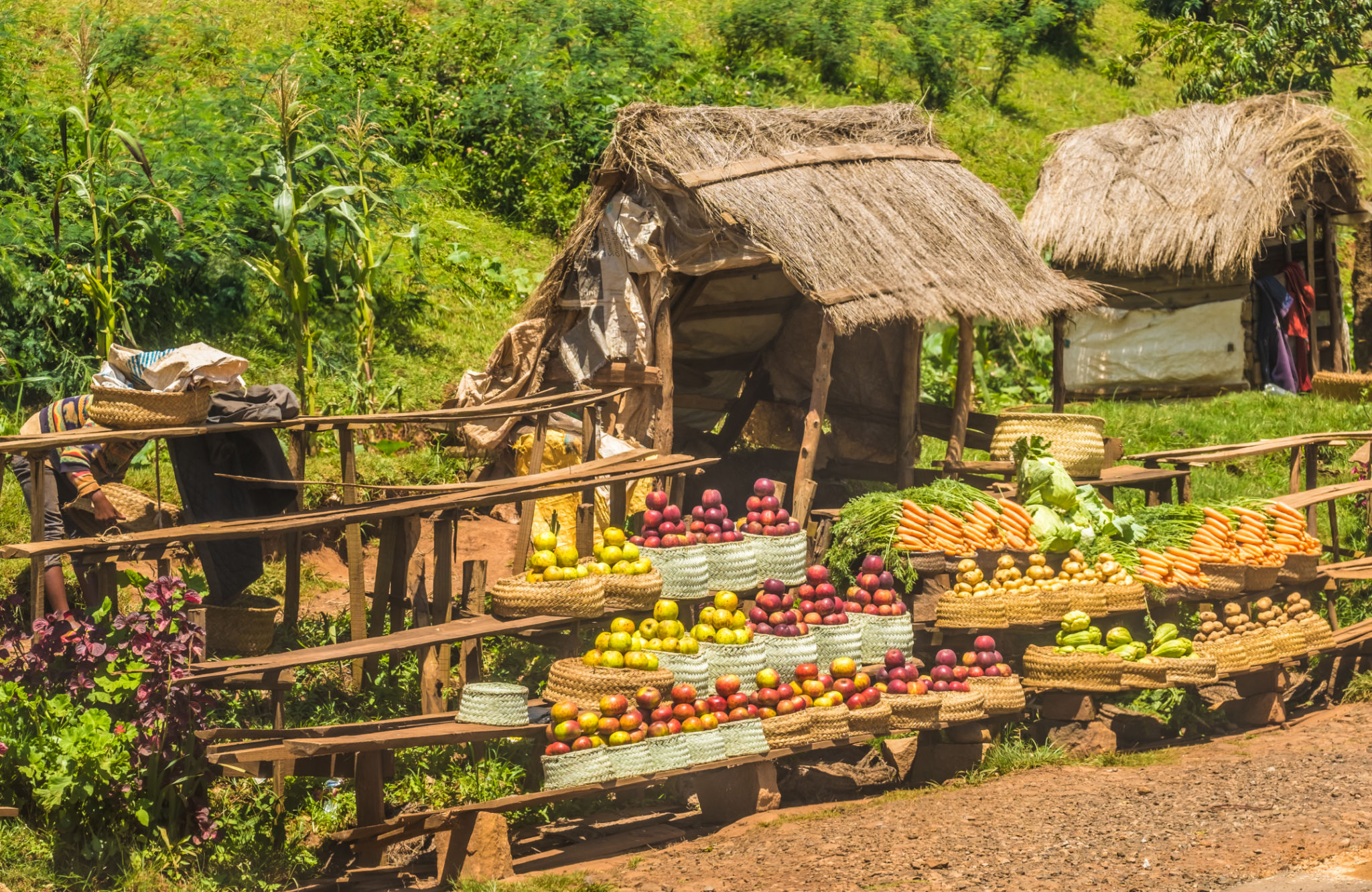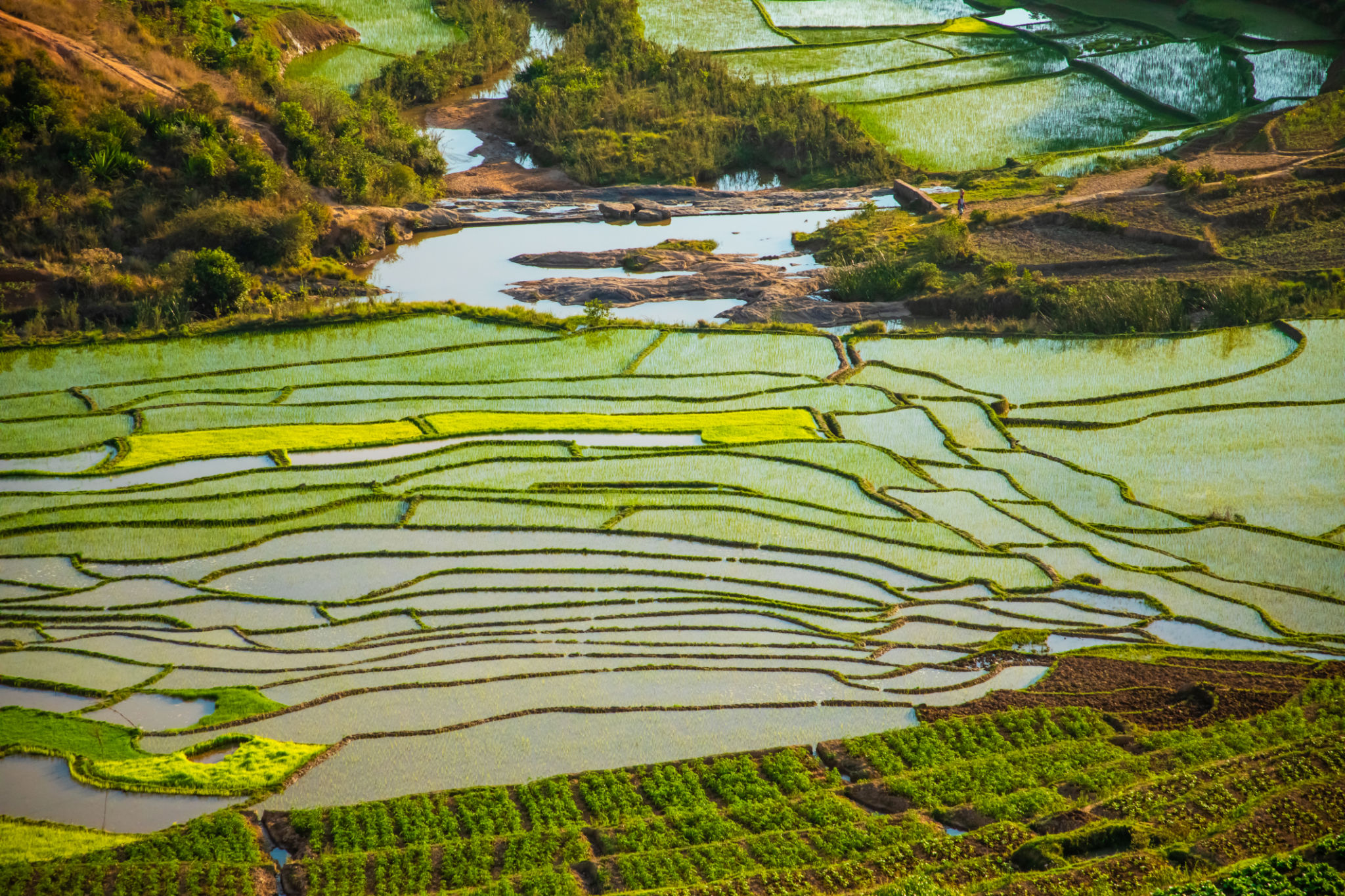Discovering Unique Cultural Tourism Opportunities in Madagascar
Exploring Madagascar's Rich Cultural Heritage
Madagascar, often celebrated for its unique biodiversity, is a treasure trove of cultural experiences waiting to be discovered. This island nation, located off the southeast coast of Africa, boasts a rich tapestry of traditions, rituals, and histories shaped by diverse influences. From indigenous customs to colonial legacies, Madagascar offers cultural tourism opportunities that are as captivating as its natural wonders.

The Vibrant Festivals of Madagascar
One of the most exciting ways to immerse yourself in Malagasy culture is by participating in its vibrant festivals. Throughout the year, the island hosts numerous celebrations that provide insight into the local way of life. The Famadihana, or "Turning of the Bones," is a traditional funerary custom where families gather to honor their ancestors. This event is marked by music, dance, and feasting, offering a unique glimpse into the Malagasy belief in the afterlife.
Another popular festival is the Alahamady Be, which marks the Malagasy New Year. Celebrated with great enthusiasm, this festival is characterized by traditional songs, dances, and the preparation of special dishes. Visitors are often welcomed to join in the festivities, providing an unforgettable cultural experience.

Discovering the Art and Craftsmanship
Madagascar's art scene is as diverse as its culture. The island is renowned for its intricate wood carvings, vibrant textiles, and unique jewelry. The Zafimaniry people, known for their exceptional woodcraft, have even been recognized by UNESCO for their skills. Visitors can explore local markets and workshops to witness artisans at work and purchase handcrafted souvenirs that reflect the island's artistic heritage.
The Antananarivo Artisans' Market is a must-visit for those interested in Malagasy crafts. Here, tourists can find a wide array of items ranging from woven baskets to ornate sculptures, each telling a story of Madagascar's rich cultural past.

Culinary Delights: A Taste of Madagascar
No cultural exploration is complete without sampling the local cuisine. Malagasy food is a delightful blend of African, Asian, and European influences. Rice is a staple in most meals, often accompanied by flavorful stews and fresh seafood. Dishes like Romazava (a beef and greens stew) and Ravitoto (crushed cassava leaves) offer a taste adventure that reflects the island's diverse cultural influences.
Visitors should also try street food delicacies such as Koba, a sweet treat made from peanuts and rice flour wrapped in banana leaves. Experiencing these flavors not only satisfies the palate but also provides insight into the daily life and traditions of Madagascar's people.

Engaging with Indigenous Communities
Interacting with Madagascar's indigenous communities offers a deeper understanding of the island's cultural fabric. The Malagasy people are known for their hospitality and are eager to share their traditions with visitors. Many tours offer opportunities to visit rural villages where tourists can learn about traditional farming methods, music, and dance.
These experiences foster genuine connections and provide invaluable insights into the challenges and triumphs of life on this remarkable island. Engaging with indigenous communities not only enriches your travel experience but also supports local economies and promotes sustainable tourism.

The Impact of Cultural Tourism
Cultural tourism in Madagascar plays a crucial role in preserving the island's heritage while contributing to its economy. By participating in cultural activities, tourists help promote awareness and appreciation of Madagascar's unique traditions. Furthermore, this form of tourism encourages the preservation of cultural sites and practices, ensuring they are passed down to future generations.
As more travelers discover the cultural riches of Madagascar, there is a growing emphasis on responsible tourism practices that respect local customs and minimize environmental impact. By embracing these principles, visitors can ensure that their journey enriches both their own lives and those of the Malagasy people.
